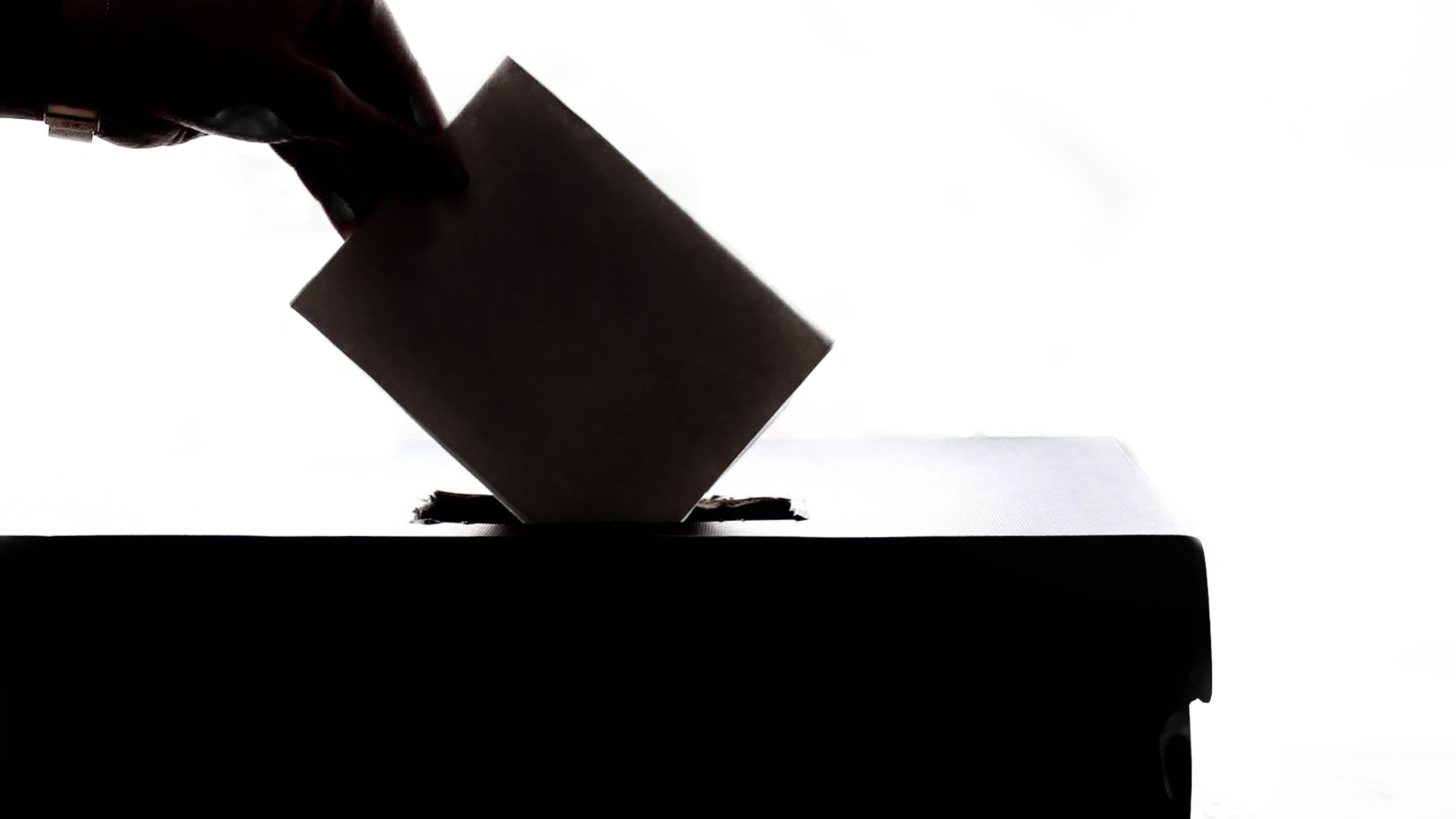Do Delegates Have a Disproportionate Influence in Utah’s Primary Elections?

In Utah, a significant aspect of the political system often goes unnoticed: the role of delegates in the election system. Utah’s unique caucus/convention system, while intended to foster grassroots involvement, has sparked debates about representation and the fairness of the nominating process.
Understanding Utah’s Caucus Convention System
In Utah, instead of traditional primaries, the caucus/convention system takes center stage. Here’s how it works: party members gather in local caucuses to elect delegates who then attend the party conventions. These delegates, in turn, vote to nominate candidates for various offices, including the coveted spots in primary elections.
The Delegate Dilemma: Selection and Purpose
Delegates are chosen through a process that involves attending precinct meetings and expressing their desire to represent their fellow party members. Their purpose is ostensibly noble: to act as a representative for the will of their neighbors and ensure that candidates who are selected also represent the will of the neighborhood’s principles and values.
The Extremism Conundrum
However, critics argue that the caucus convention system tends to amplify extreme ideologies. With caucus participation hovering at less than 10% this year, the delegates selected may not be representative of the broader spectrum of Utah voices. This disparity raises concerns about whether the resulting nominees truly reflect the diverse perspectives within the Republican party.
The Impact of SB 54
The passage of Senate Bill 54 (SB54) in 2014 introduced a dual pathway for candidates to secure a spot on the primary ballot. While SB 54 diluted the influence of delegates by allowing candidates to gather signatures, the high thresholds for signature collection often favor those with financial resources. Consequently, the signature pathway remains elusive for many aspiring candidates, perpetuating the dominance of the delegate-driven nomination process.
The Numbers Speak Volumes
At this year’s 2024 Utah GOP nominating convention, delegates had an egregiously disproportionate say in who the Republican nominees would be.
In House District 67, an estimated 0.45% of registered Republicans would have determined the party’s nominee, essentially handpicking the candidate who would represent the district, potentially influencing the lives of thousands of constituents.
In the governor’s race, with statewide data readily available, only 0.37% of registered Republicans cast their votes as to who would represent the Republican party in this year’s general election. These numbers underscore the significant influence wielded by a select few in determining the trajectory of Utah’s political landscape.
More importantly, these scenarios up until 2014 were not hypothetical occurrences, but a stark reality of Utah’s political system as the caucus/convention system was the only pathway to the ballot prior to the passage of SB 54.
Without the provisions of SB 54, the decisions made by this fraction of voters would have been the sole determinants of the candidates who advance to compete for public office, shaping policies and impacting the lives of all Utahns.
Addressing Disparities and Advancing Reform
To confront the inherent disparities within Utah’s primary elections, People4Utah advocates for reducing signature thresholds to enhance ballot access for candidates. Additionally, we propose transitioning to a top-two open primary system, which could significantly broaden participation and ensure that all voices are heard in the electoral process.
Moving Forward
Utah finds itself at a pivotal juncture in its electoral journey. By re-evaluating the role of delegates, embracing reforms that promote collaboration, and championing the principles of democracy, Utah can lay the groundwork for a more equitable and representative political landscape.
The pursuit of fairness and democracy remains central to shaping the destiny of Utah and its people. Let’s respond to the call for reform and embark on a collective journey towards a more inclusive and representative political future.